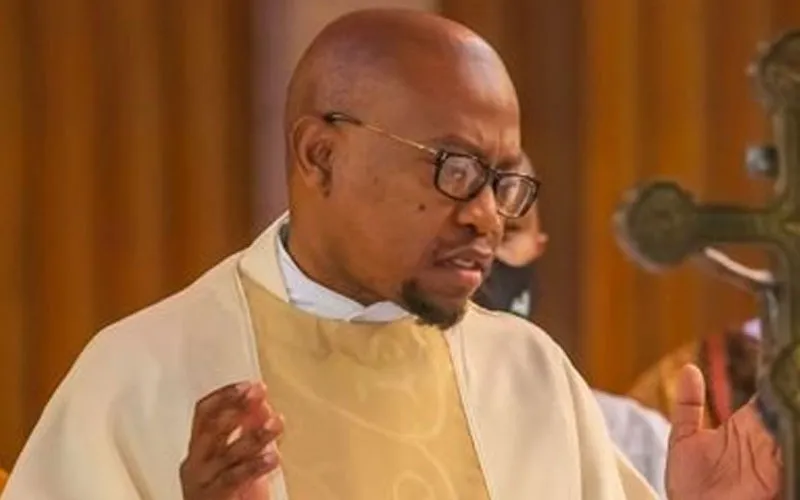Johannesburg, 30 October, 2022 / 9:25 pm (ACI Africa).
South Africa’s Bible Society recognition of Catholic Biblical Scholars for the translations of the Bible from ancient Biblical languages to African languages is “very significant” to the Catholic Church, a member of the Bible Society Sesotho Review Committee has said.
In an interview with ACI Africa, Fr. Michael Seheri said, “What is very significant, is that for the first time in many years the Bible society is recognizing and appreciating the contribution of Roman Catholic biblical scholarship.”
“They've not had Catholic biblical scholars for years. It was explained in our very first meeting that the Bible society was actually a Protestant based committee, and many Protestant scholars were against having Catholic biblical scholars to be part of this committee. It’s for the first time that they began to recognize Catholic biblical scholars," Fr. Seheri said during the Thursday, October 27 interview.
The South African Biblical Scholar and Lecturer of Pauline letters and the Books of the Pentateuch at St. John Vianney National Major Seminary said that he was asked to join the Bible Society Sesotho Review Committee because of his background in Greek and Hebrew.
In the October 27 interview, the administrator of Johannesburg Archdiocese Cathedral of Christ the King further said that the inclusion of Catholic biblical scholars will be beneficial to the Catholic community as the translated Bibles will also include Deuterocanonical books.








